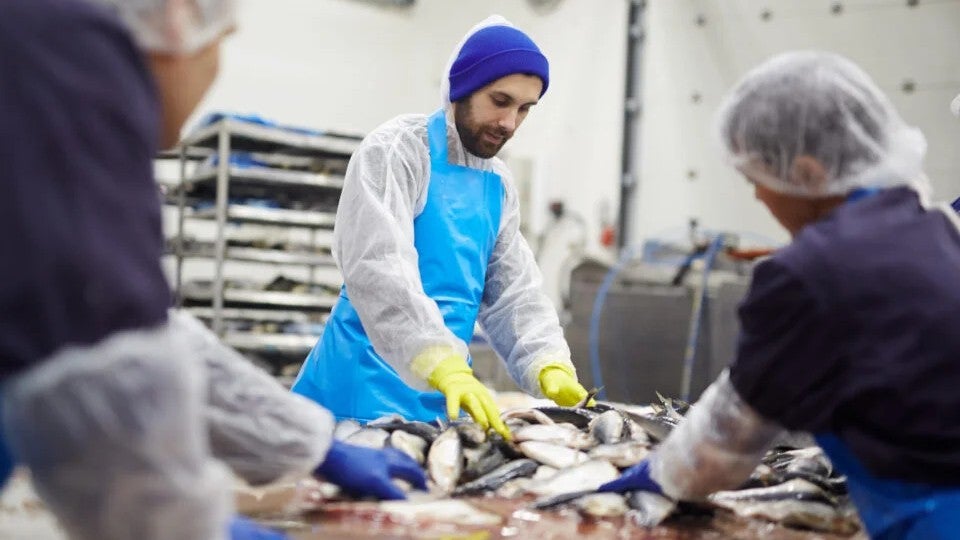
In a pivotal move towards eco-friendly packaging, Aimplas takes the lead in the EcoeFISHent project, introducing a ground-breaking approach to crafting food and cosmetic packaging from ocean by-products.
Fish gelatine and repurposed fishing nets become the focal points of this sustainable initiative, marking a significant leap forward in circular economy practices within the plastics industry.
Global fisheries challenge meets circular economy solution
The company said recent projections anticipate 194 million tonnes in global fisheries production by 2026, with almost 20 million tonnes dedicated to fishmeal and fish oil production.
AIMPLAS, playing a vital role in the EcoeFISHent project, addresses this challenge by extracting bioactive compounds from bio-based fish side-streams.
This move not only tackles the circular economy challenge in the fish industry but also emphasises the valorisation of side streams through multilevel circular value chains.
Innovative packaging
Aligned with the European Strategy for Bioplastics in a Circular Economy, Aimplas pioneers the development of a barrier coating for food packaging using fish gelatine and cosmetic packaging from repurposed fishing nets.
EcoeFISHent’s approach involves creating a gas barrier biopolymer coating, providing a sustainable alternative to conventional fossil-based polymers. This development ensures functionality, sustainability and non-harmful utility while contributing to an industrial-scale solution for compostable packaging in the fish food sector.
Furthermore, Aimplas addresses the environmental impact of discarded fishing nets by recycling polyethene recovered from these nets. The recycled material undergoes a transformation into cosmetic packaging through extrusion, injection moulding and lamination processes, establishing a circular solution for the fishing and aquaculture industry.
EcoeFISHent: A holistic sustainable approach
As a comprehensive initiative, EcoeFISHent’s pre-processing pilot unit transforms fish by-products into high-value products, including food supplements, cosmetics and bio-based polymers.
This project implements six synergic circular value chains, connecting blue and green economies to harmonise human industrial activities with marine ecosystems and protected areas.
The collaboration with international research centres, coupled with innovative technologies, positions EcoeFISHent to create sustainable products in the cosmetics, nutraceuticals and packaging sectors.
Additionally, the project champions marine environment protection through the collection, recovery and recycling of abandoned fishing nets, alongside the implementation of a sustainable fishing programme.
Aimplas and EcoeFISHent stand at the forefront of revolutionising industries towards a more sustainable and circular future, providing a model for environmentally conscious practices in the global arena.




